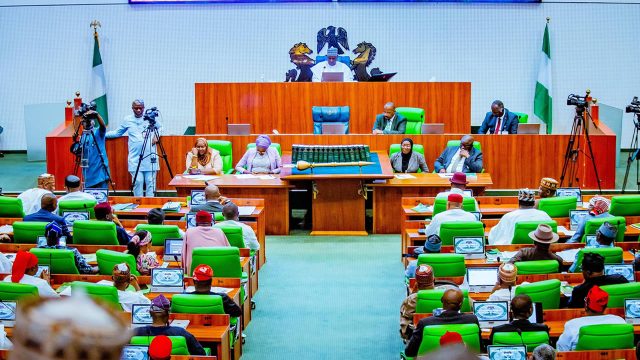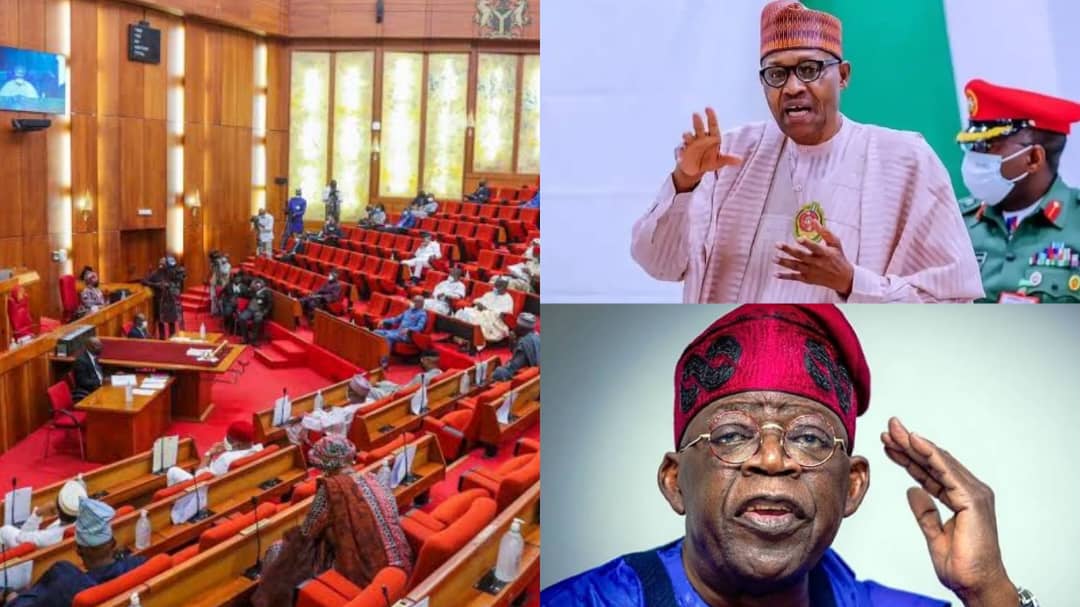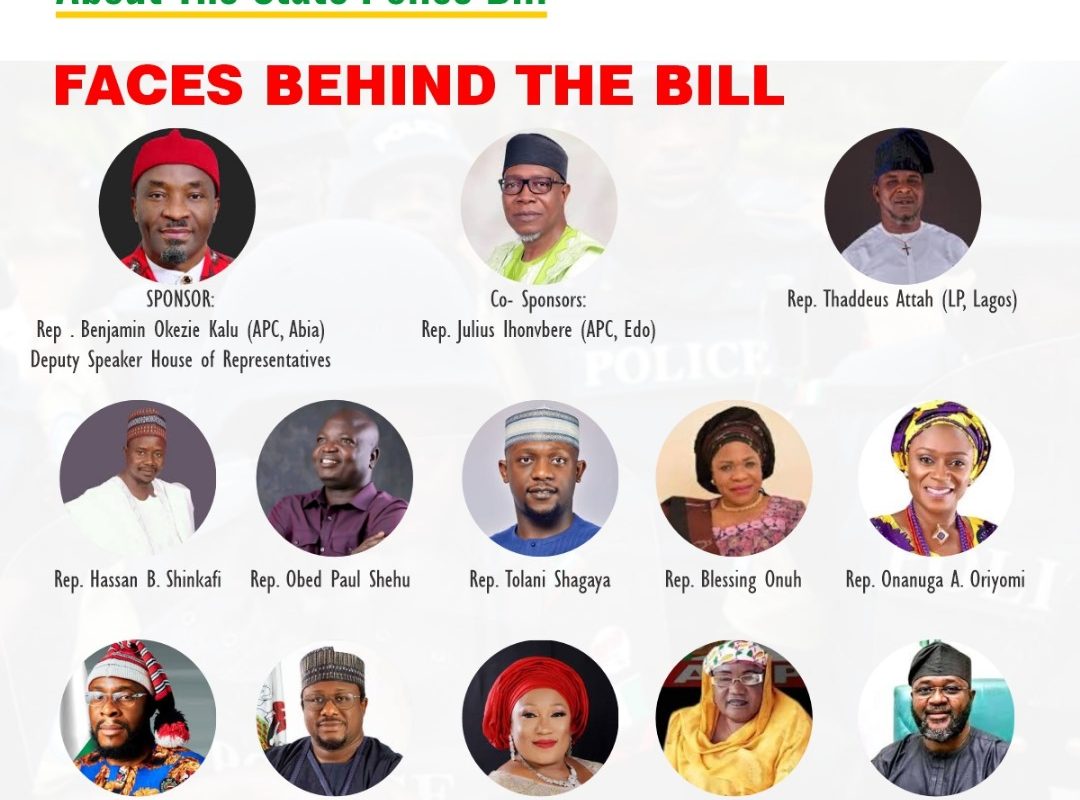Rating Summary
As the House resumes after a short break for the bye-elections, a bill for the amendment of the Electoral Act and the Criminal Code are going to be on the agenda of the House of Representatives. These, among others, will be analysed in this Legislative Intelligence Forecast Entry (LIFE) by OrderPaper.

The House of Representatives on resumption from the Christmas break held its first plenary session of the year 2024 on Tuesday, 30th January with more than two-third majority in attendance.
The lawmakers considered and passed 5 motions on urgent national importance while 9 petitions were also presented on the floor of the House during plenary however, every other item of the order paper was dropped for another legislative session as the house went on a break for the bye-elections.
Seven motions were listed on the OrderPaper for consideration, while four bills were slated for second reading but nothing was taken from the order paper due to the other motions of urgent importance and committee sittings.
The House considered and passed five matters (motions) of urgent national importance whereas two of the motions were basically on the menace of insecurity in the country. We can predict that these unheard motions will be presented this week at plenary. They are:

Amendment of the Criminal Code Act
The Bill for amendment of the Criminal Code Act Cap. C38, Laws of the Federation of Nigeria, 2004, now in its second reading, was sponsored by Hon. Francis Ejiroghene Waive (APC, Delta).
The Criminal Code Act is a significant legal document that outlines criminal offenses and their corresponding penalties within the Nigerian legal system. It serves as a primary legislation governing criminal matters in Nigeria. It applies to the entire territory of Nigeria and provides a framework for defining criminal offenses, establishing penalties, and outlining procedures for the prosecution of criminal cases.
The Act covers a wide range of criminal offenses including homicide, theft, fraud, assault, rape, and other offenses against persons and property. It also specifies the elements of each offense and prescribes penalties for offenders, which may include fines, imprisonment, or both, depending on the severity of the offense.
The Act classifies offenses into various categories based on their severity. For instance, offenses may be categorized as felonies (serious crimes) or misdemeanors (less serious crimes). Felonies typically carry harsher penalties compared to misdemeanors.
The Bill for its amendment seeks to provide stiffer penalties to selected sections of the Act. This is foreseeable due to the poor state of security as seen by wanton kidnappings and attacks nationwide.
At the moment, Abuja, Nigeria’s capital is experiencing an upsurge in cases of kidnappings and other forms of criminalities. Sadly, Abuja is not the only part of the country experiencing alarming insecurity; most states are also dealing with the menace so the amendment of the Act calling for stiffer penalties is in the right direction.

Amendment of the Electoral Act
A Bill for ‘an Act to Amend the Electoral Act, 2022 and for Related Matters’ will be considered by the House on Thursday.
The Electoral Act 2022 governs the conduct of elections in the country and outlines procedures for voter registration, accreditation, voting, counting of votes, and the resolution of electoral disputes. The Act also provides guidelines for the conduct of political parties, including their registration, internal organization, and participation in elections.
It stipulates guidelines for the conduct of elections, including the opening and closing of polling stations, accreditation of voters, casting of votes, and counting of ballots. It also governs the formation, registration, and operation of political parties in Nigeria.
Provisions for prosecuting electoral offenses, including voter intimidation, bribery, and electoral fraud are also stipulated in the Act including mechanisms for resolving disputes arising from the conduct of elections, including the establishment of election tribunals and appellate processes.
However, due to its perceived shortfalls, the amendment of the Electoral Act seeks to address emerging challenges and improve the integrity of the electoral process. Reforms such as diaspora voting, and individual candidacy are some of the new inputs in the Bill.
The Bill, in its second reading, was sponsored by Hon. Francis Ejiroghene Waive (APC, Delta).
Other Motions/Bills
The following bills, listed on the order paper of the House, (the plenary guide document) will be considered:
1. A Bill for an Act to Amend the Federal Medical Centres Act and Establish Federal Medical Centre, Ikole-Ekiti, Ekiti State and for Related Matters (HB.1037) Rep. Akintunde Rotimi – (APC, Ekiti) Second Reading.
2. A Bill for an Act to provide for Establishment of Federal Vocational and Skills Acquisition College, Yankaba, Kano State and for Related Matters (HB. 592) Rep. Hassan Shehu Hussain (NNPP, Kano) Second Reading.
3. A Bill for an Act to Amend the University Teaching Hospitals (Reconstitution of Boards, Etc.) Act to include University Teaching Hospital, Erawha-Owhe, Isoko North, Delta State and for Related Matters (HB.962) Rep. Ukodhiko Ajirioghene Jonathan (PDP, Delta) – Second Reading.
4. Need to Construct Bye–Pass Road in Jega, Aleiro/Gwandu/Jega Federal Constituency of Kebbi State: Rep. Mansur Musa (PDP, Kebbi)
5. Need to Complete the Abandoned Shoreline Protection Project in Ode–Ugborado Community, Warri South – West Local Government Area of Delta State: Rep. Thomas Ereyitomi (PDP, Delta)
6. Need to Investigate Suspicious Practices of Federal Government Ministries, Departments, Agencies (MDAs), Parastatals, and Institutions in the Execution of Capital Projects contained in the Appropriation Act: Rep. Kelechi Nwogu (PDP, Rivers)
7. Need to Investigate the National Identity Cards released from 2012 to date brought by Rep. Mohammed Dan Abba Shehu (PDP, Bauchi).



